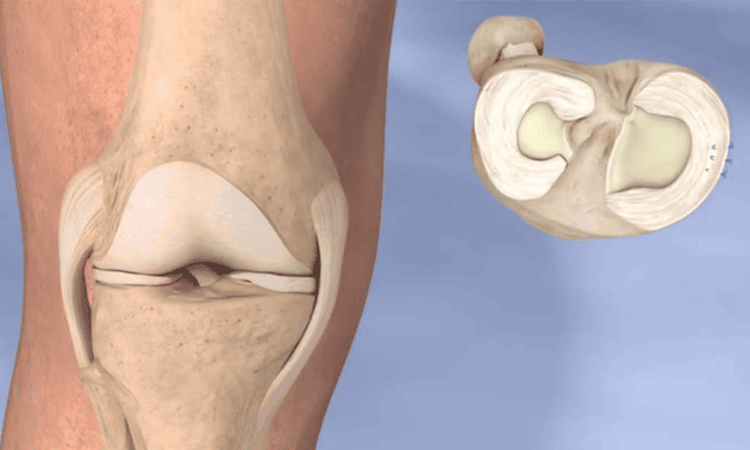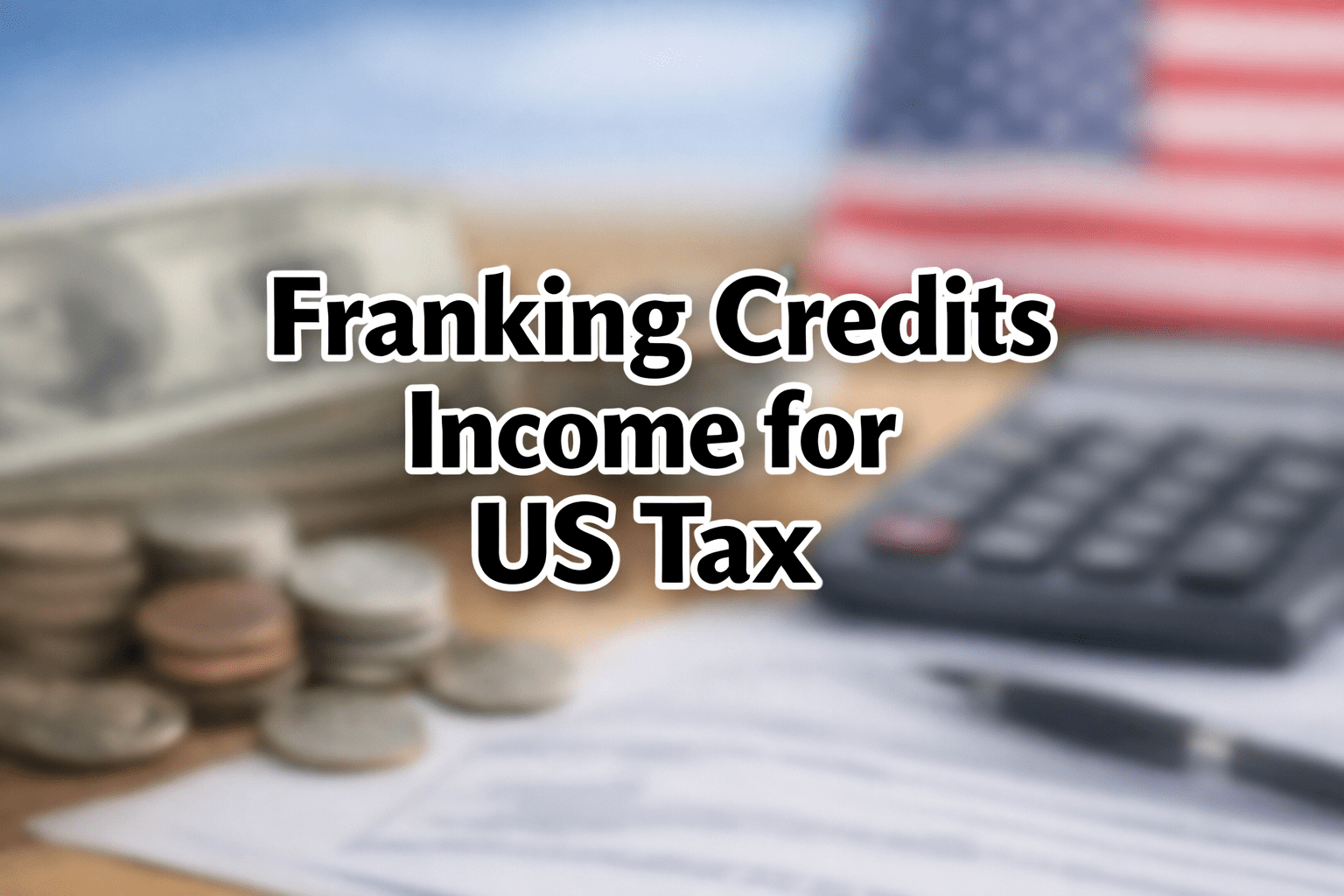Introduction:
Hybrid renewable energy systems (HRES) are becoming a prominent solution for households seeking sustainable and efficient energy sources. As concerns about climate change and rising energy costs continue to grow, many homeowners are exploring ways to reduce their carbon footprint and enhance energy independence. These systems combine two or more renewable energy sources, such as solar and wind, to provide a more reliable and consistent power supply. By diversifying energy generation, hybrid systems can overcome limitations associated with individual renewable sources, offering significant benefits in terms of both environmental impact and financial savings.
Hybrid systems are designed to maximize energy production by leveraging the strengths of multiple renewable sources, thereby ensuring power availability even during periods when one source is less effective. For example, solar panels are less productive on cloudy days, but pairing them with wind turbines can help maintain a steady supply of electricity, as wind may be available when sunlight is not. This flexibility is one of the main reasons homeowners are increasingly considering hybrid systems as a practical and reliable option for their energy needs. The integration of multiple energy sources not only enhances efficiency but also reduces the need for energy storage, making hybrid systems an attractive and forward-thinking choice for those interested in sustainable living.
Understanding Hybrid Renewable Energy Systems:
“Hybrid renewable energy systems are engineered to harness the power of more than one renewable source, creating a combined approach that maximizes energy output. This approach can be particularly beneficial in regions where a single renewable source may be insufficient to meet energy demands throughout the year. For example, in areas with variable weather patterns, relying solely on solar power might not provide enough energy during winter months. By incorporating wind turbines or other renewable sources, hybrid systems can ensure a more stable energy supply year-round, regardless of weather conditions.
The integration of various renewable energy sources also enhances the efficiency of energy use, as these systems can be customized to suit specific geographic and climatic conditions. By combining resources, homeowners can tailor their systems to capitalize on the unique strengths of each source, thus optimizing overall energy production. This adaptability not only improves the system’s performance but also reduces reliance on external power grids, offering increased energy independence and potentially significant cost savings over time.” – Sai Blackbyrn, CEO of Coach Foundation
Environmental Impact and Sustainability:
One of the primary benefits of hybrid renewable energy systems is their positive impact on the environment. By utilizing renewable sources, these systems reduce greenhouse gas emissions and decrease reliance on fossil fuels, contributing to a cleaner and more sustainable future. Hybrid systems are especially effective in minimizing environmental impact, as they optimize energy production from multiple sources, ensuring that renewable energy is available even during periods when one source is less effective.
The use of hybrid systems can also promote sustainability by reducing the strain on local power grids and lessening the need for non-renewable backup power sources. By generating electricity through renewable means, hybrid systems help to conserve natural resources and mitigate the effects of climate change. Furthermore, the adoption of these systems can encourage other homeowners to consider renewable energy options, contributing to a broader cultural shift towards sustainable living practices. As more individuals and communities embrace hybrid renewable systems, the collective impact on the environment can be substantial, driving progress toward a more sustainable future.
Financial Savings and Energy Efficiency:
“Hybrid renewable energy systems offer homeowners the potential for significant financial savings over the long term. While the initial installation costs can be substantial, the reduction in energy bills and the availability of incentives and tax credits can help offset these expenses. Many regions offer financial incentives for renewable energy systems, which can make hybrid options more affordable for homeowners. Additionally, because hybrid systems maximize energy output by combining sources, they can lead to lower energy costs by reducing the need to purchase electricity from external providers.
Energy efficiency is another key advantage of hybrid renewable systems. By incorporating multiple sources, these systems can deliver power more consistently and reduce energy waste. Hybrid systems are particularly effective in minimizing the loss of energy due to intermittency issues that affect individual renewable sources, such as periods of low sunlight or calm weather. The increased efficiency of these systems translates into greater cost savings for homeowners, as well as a more reliable and sustainable energy supply. Over time, the financial and energy efficiency benefits of hybrid systems can make them an economically viable option for many households.” – Harris, Outreaching Expert at Bounce Rate
Energy Independence and Security:
One of the most appealing aspects of hybrid renewable energy systems is the level of energy independence they offer to homeowners. By generating electricity on-site, hybrid systems reduce dependence on external power grids, which can be particularly advantageous in areas prone to power outages or where the grid infrastructure is unreliable. This independence not only provides peace of mind but also offers protection against fluctuating energy prices, which can be influenced by various economic and geopolitical factors.
The increased energy security provided by hybrid systems is also a significant benefit. In the event of a grid failure, hybrid systems can continue to supply power, ensuring that essential household functions are maintained. This reliability is particularly valuable for homes in remote or rural areas, where grid access may be limited. By investing in hybrid renewable energy systems, homeowners can achieve greater self-sufficiency and enjoy the reassurance of a stable energy supply, regardless of external circumstances.
The Role of Storage and Backup Systems:
While hybrid renewable energy systems can significantly reduce reliance on traditional power grids, energy storage and backup systems remain an essential component for ensuring a consistent power supply. Batteries are commonly used in hybrid systems to store excess energy generated during periods of high production, such as sunny or windy days, which can then be used when production levels are low. This storage capacity is critical for maintaining a stable energy supply and maximizing the efficiency of hybrid systems.
In addition to batteries, backup generators can also be integrated into hybrid renewable systems to provide additional security. These generators can serve as a secondary source of power during extended periods of low renewable energy production, such as prolonged cloudy or windless days. By incorporating storage and backup options, hybrid renewable systems can offer homeowners a comprehensive solution that balances renewable energy generation with reliable, on-demand power availability. This added level of resilience enhances the appeal of hybrid systems for households seeking a dependable and sustainable energy source.
Integrating Heat Pumps with Hybrid Renewable Systems for Enhanced Efficiency:
“Heat pumps can be an excellent addition to hybrid renewable energy systems for homeowners aiming to maximize energy efficiency. By using heat pumps alongside sources like solar and wind, it becomes possible to harness renewable energy for both electricity and heating, providing a comprehensive and sustainable solution. Heat pumps efficiently transfer heat from the air or ground into the home, making them a perfect fit for hybrid systems where energy from renewable sources can power the pump, leading to further reductions in energy consumption and costs.” – John Wither, Managing Director of Geowarmth
Hybrid systems that incorporate heat pumps also offer the advantage of reducing reliance on fossil fuels for heating, which is traditionally one of the more energy-intensive aspects of household consumption. By leveraging the consistency of a hybrid system, homeowners can ensure that their heat pumps operate optimally even during periods when individual renewable sources are less productive. This integrated approach not only supports greater energy efficiency but also contributes to the long-term sustainability of home energy systems.
Conclusion:
Hybrid renewable energy systems represent a forward-thinking approach to sustainable energy generation for homes. By combining multiple renewable sources, these systems can provide a more reliable and consistent power supply, reduce environmental impact, and offer significant financial savings. The adaptability and efficiency of hybrid systems make them a practical solution for homeowners seeking to reduce their carbon footprint and achieve greater energy independence.
As more people become aware of the benefits of hybrid renewable energy systems, their adoption is likely to increase, driving further innovation and development in this field. For homeowners looking to embrace renewable energy, hybrid systems offer a versatile and efficient option that aligns with sustainable living practices. By investing in hybrid systems, individuals can contribute to a cleaner, more sustainable future while enjoying the economic and security benefits that come with energy independence.







